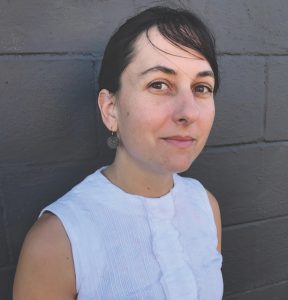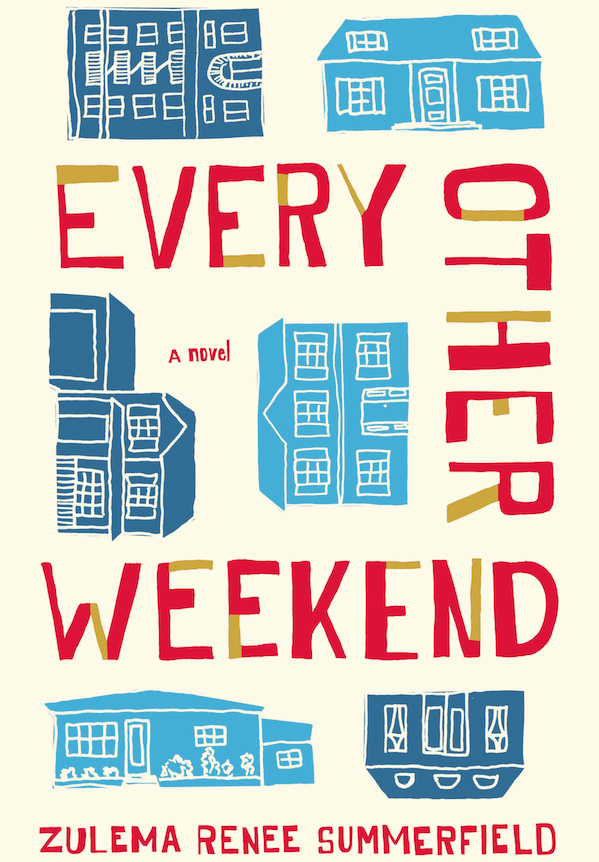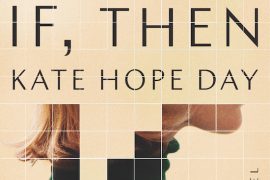Every Other Weekend: Telling Stories Every Other Weekend takes us back in time
interview by Sheila G. Miller

photo by Tucker Sharon
Portland author Zulema Renee Summerfield is getting high praise for her first novel, Every Other Weekend. But a few years ago, she wasn’t sure she was cut out to write one in the traditional sense. So she didn’t. “I was really struggling with how I was going to write a novel,” she said. “At the time I didn’t tell stories in big, overarching plots. I was writing a lot of flash fiction.” After reading Love and Shame and Love, a novel composed of vignettes written by her mentor and colleague Peter Orner, she knew she could write her book the way she wanted. “Novels come in all kinds of shapes,” Summerfield said. “It really freed me to write a book in vignettes, and that’s how the structure was decided.”
Tell us about the book.
It’s a highly fictionalized retelling of some events that happened to me and my family when I was a young person. It’s told from the point of view of Nenny, who is 8 years old. Her parents are recently divorced and her mom is newly remarried to a man who has his own kids. So it’s about trying to figure out what that means to have two households and two separate lives and families broken apart and reblending. It’s basically about how families fracture and re-form and this young person trying to figure out her place in all of that.
How did you get into that mid-’80s mindset that permeates the book?
A lot of it is based on memory, and then just returning to some of those pop culture landmarks. I was watching a lot of ’80s sitcoms, I got some Time magazines from 1988 on eBay. It was just a lot of research. I didn’t listen to a ton of ’80s music when I was writing, but it was all kind of seeping in. I watched a lot of “Family Ties,” and that really helped trigger those memories. It was definitely really fun to revisit a lot of stuff that I hadn’t engaged with in years. Also, early on I was like, ‘Let’s see … Michael Jackson and The Cure,’ but that actually wasn’t really the stuff that I was into. My sister was super into Poison, my bedroom was plastered in Bret Michaels posters. That kind of became a theme.
How did you get into writing and how have you made it a full-time gig?
I started writing when I was a kid, like 10 or 12. I was writing really crappy poems. I was always writing, but it wasn’t until I went to college for Spanish and dropped out, and then I went back for creative writing, and I started taking writing more seriously. I wouldn’t recommend it as a solid career path. I teach a lot and I tell this to my students all the time—the likelihood that you’re going to make a living writing fiction is pretty close to none. It’s the truth, and honestly I don’t know that one should pursue writing, or any of the arts, for money. That seems shallow, and not right. I don’t do it for the money and neither should you!
You’ve been teaching and coaching writers for a long time—why does that appeal to you?
It’s really important to me that everybody gets space to tell their version of their story. I feel like that’s something that we should all work together to make happen. I love to teach, I love engaging with people. I think it’s a symbiotic relationship and the right space where people are learning from each other. So that’s really important to me that everybody gets room to tell their story the way they need to tell it.









